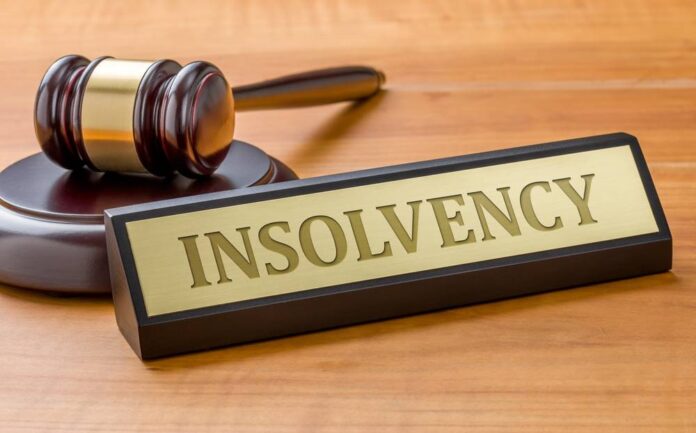The Supreme Court on Friday ruled that a bank can initiate proceedings under the Insolvency and Bankruptcy Code (IBC) against a corporate guarantor if the principal borrower defaults on repayment of loans and the debt is declared nonperforming asset (NPA).
A bench of Justices A M Khanwilkar, B R Gavai and Krishna Murari rejected the argument that as the principal borrower was not a corporate person, the financial creditor could not have invoked remedy of insolvency resolution proceedings under Section 7 of the IBC against the corporate person, who had merely offered guarantee for such loan account.
“That action can still proceed against the guarantor being a corporate debtor, consequent to the default committed by the principal borrower. There is no reason to limit the width of Section 7 of the IBC, despite law permitting initiation of corporate insolvency resolution process (CIRP) against the corporate debtor, if and when default is committed by the principal borrower. For, the liability and obligation of the guarantor to pay the outstanding dues would get triggered co-extensively,” the bench said.
Writing the judgment for the bench, Justice Khanwilkar said Section 7 of the IBC enabled the financial creditor to initiate CIRP against the principal borrower if it was a corporate person, including against the corporate person being a guarantor in respect of loans obtained by an entity not being a corporate person.
Explaining the mandate of the provision, the bench said, “Section 7 is an enabling provision which permits the financial creditor to initiate CIRP against a corporate debtor. The corporate debtor can be the principal borrower. It can also be a corporate person assuming the status of corporate debtor having offered guarantee, if and when the principal borrower/debtor (be it a corporate person or otherwise) commits default in payment of its debt.”
The SC said undoubtedly, a right or cause of action would be available to the lender (financial creditor) to proceed against the principal borrower, as well as the guarantor, in equal measure in case they commit default in repayment of the amount of debt acting jointly and severally.
Team – Intellex Strategic Consulting Pvt Ltd
Economiclawpractice.com, Intellexconsulting.com, IntellexFinance.com

